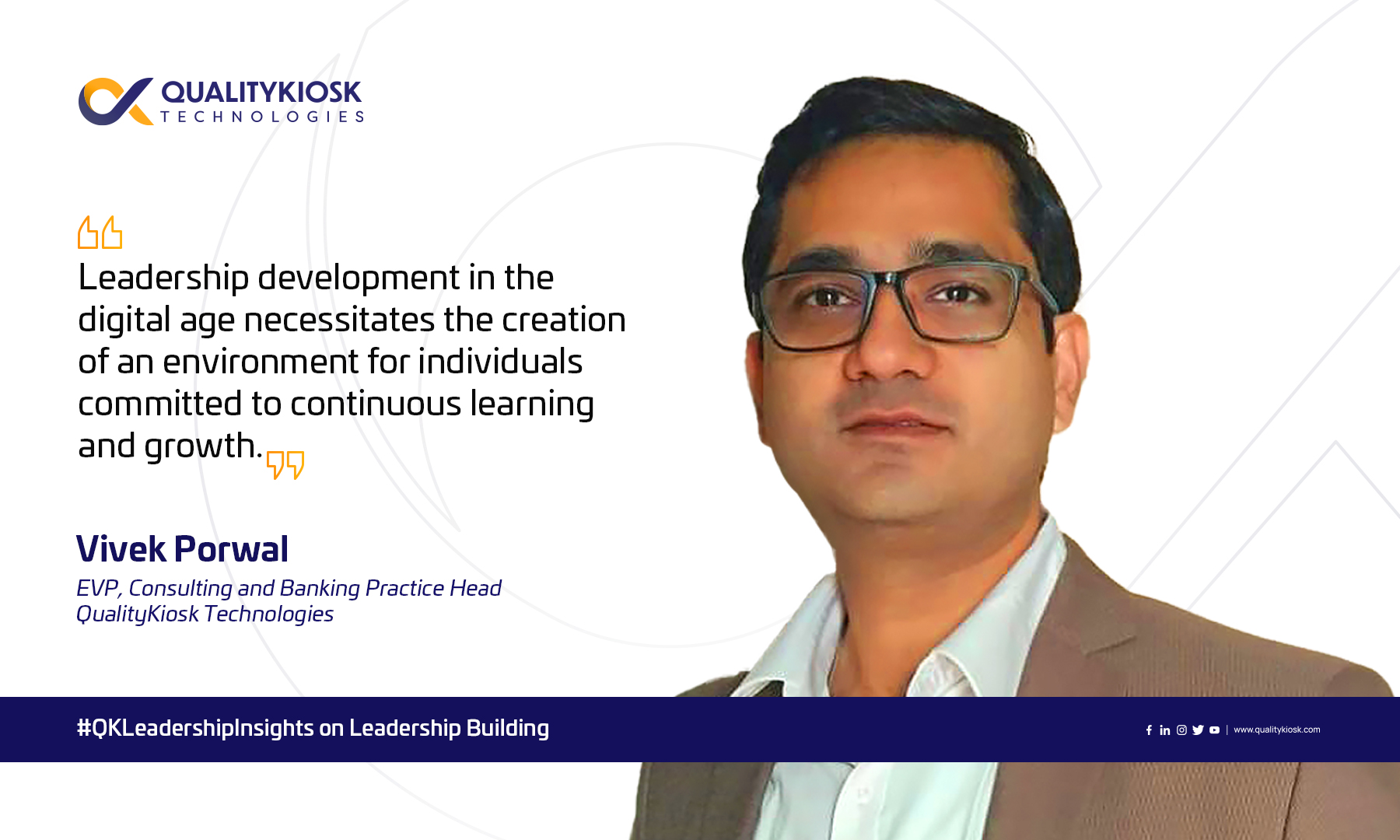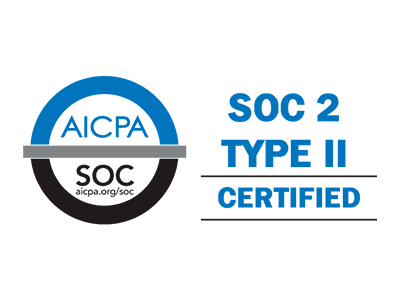Abilities Over Experience: The Key to Leadership Building in the High-Tech World
In the dynamic and fast-paced digital age, the question of whether experience or abilities should be given more weight in leadership-building decisions is more relevant than ever. While experience is undoubtedly valuable, I argue that abilities often surpass experience in shaping successful leaders. In this opinion piece, I will explore the significance of abilities (or why abilities are crucial) for effective leadership.
Many high-tech organizations look for experienced professionals who can seamlessly step into a role to save time and ensure immediate success, often giving abilities a second priority. However, I believe that it is time for leaders to shift their focus towards valuing abilities of a person as they navigate the changing landscape of leadership in evolving high-tech world.
In recent years, I have realized that it is about the mindset to experiment with a structured approach to acquire talent and nurture them. I have witnessed cases where abilities and passion have surpassed experience and a limited inclination to learn. Leadership development in the digital age requires continuous learning and growth.
I’m reminded of the book “The Ride of a Lifetime” by Robert Iger, Ex-CEO of the Walt Disney Company, who found himself in a similar situation. He transitioned from being experienced in the media and sports industry to a creative field in entertainment. He acknowledged he did not know everything, embraced humility, and remained eager to learn from everyone who were experts in the field. Iger also emphasized the importance of valuing ability more than experience and putting people in roles that demanded more of them than they initially thought they had.
Notable essential qualities of an effective learner, even without industry-specific experience:
- Demonstrating humility without being apologetic when acquiring knowledge
- Maintaining authenticity with your team, avoiding pretending to know everything
- Recognizing that vulnerability can be a strength
- Possessing strong perseverance and passion
- Trusting in what they do and believe
- Making quick decisions
PhD research from world-renowned universities has also contributed to our understanding that ability often trumps experience in leadership. Research at Stanford, Oxford, and Harvard prove that the cognitive and emotional qualities of a person make them effective leaders.
Studies have shown that leaders with high levels of emotional intelligence, adaptability, and problem-solving skills tend to excel across various industries.
Psychologists who specialize in leadership always argue in favor of ability over experience. According to psychologist Daniel Goleman, leaders who are able to understand and manage their emotions while empathizing with others excel in many leadership roles.
Angela Duckworth introduced the concept of grit, emphasizing the importance of perseverance and passion in achieving long-term goals. Grit, a combination of passion and perseverance, is a quality that can propel individuals into leadership positions based on their abilities to stay committed and resilient.
Essential qualities of leaders providing opportunities based on abilities:
- Having an eye for recognizing potential leadership talent
- Willingness to invest time to foster the success of others
- Cultivating a culture of continuous learning and support
- Placing individuals in roles that demand more than their existing knowledge
- Willing to take calculated risks and accept failures of experimentation
In conclusion, while experience certainly has its place in leadership development, the consensus among respected sources like Harvard Business Review, international PhD research, and leading psychologists is that abilities have greater value in shaping successful leaders. The ability to adapt, absorb and learn from unknown, think critically, display emotional intelligence, and qualities like grit often determines leadership success, regardless of industry-specific experience.
Businesses are evolving, and as new challenges arise, leaders with these transferable and adaptable abilities are well positioned to thrive.
The question remains: Can leaders effectively assess the potential of talent and take risks by providing opportunities to individuals with limited experience but a strong capacity for rapid learning and adaptation? Organizations need to prioritize abilities over experience when making decisions for emerging leaders. By nurturing a culture of continuous learning and providing opportunities to individuals with the potential to grow, they can cultivate the essential abilities needed for effective leadership.
About the Author
Vivek Porwal, EVP, Consulting and Banking Practice Head at QualityKiosk Technologies, is a seasoned BFSI and digital transformation veteran with over two decades of experience in Consulting, QA, and Auditing. At QualityKiosk, he leads multiple digital quality assurance projects for major BFSI players worldwide. With a focus on areas like Digital Lending, Open Banking, and Omni-channel, Vivek’s domain expertise has enabled global financial organizations to achieve digital transformation and meet business objectives.
A frequent speaker at international forums, he covers topics like Digital Transformation, Digital Payments, Open Banking, RPA, and DevOps. Vivek is a CISA and holds an Executive Management Program from Harvard Business School, along with certification as a Master Agile Testing Professional (CP-MAT).





